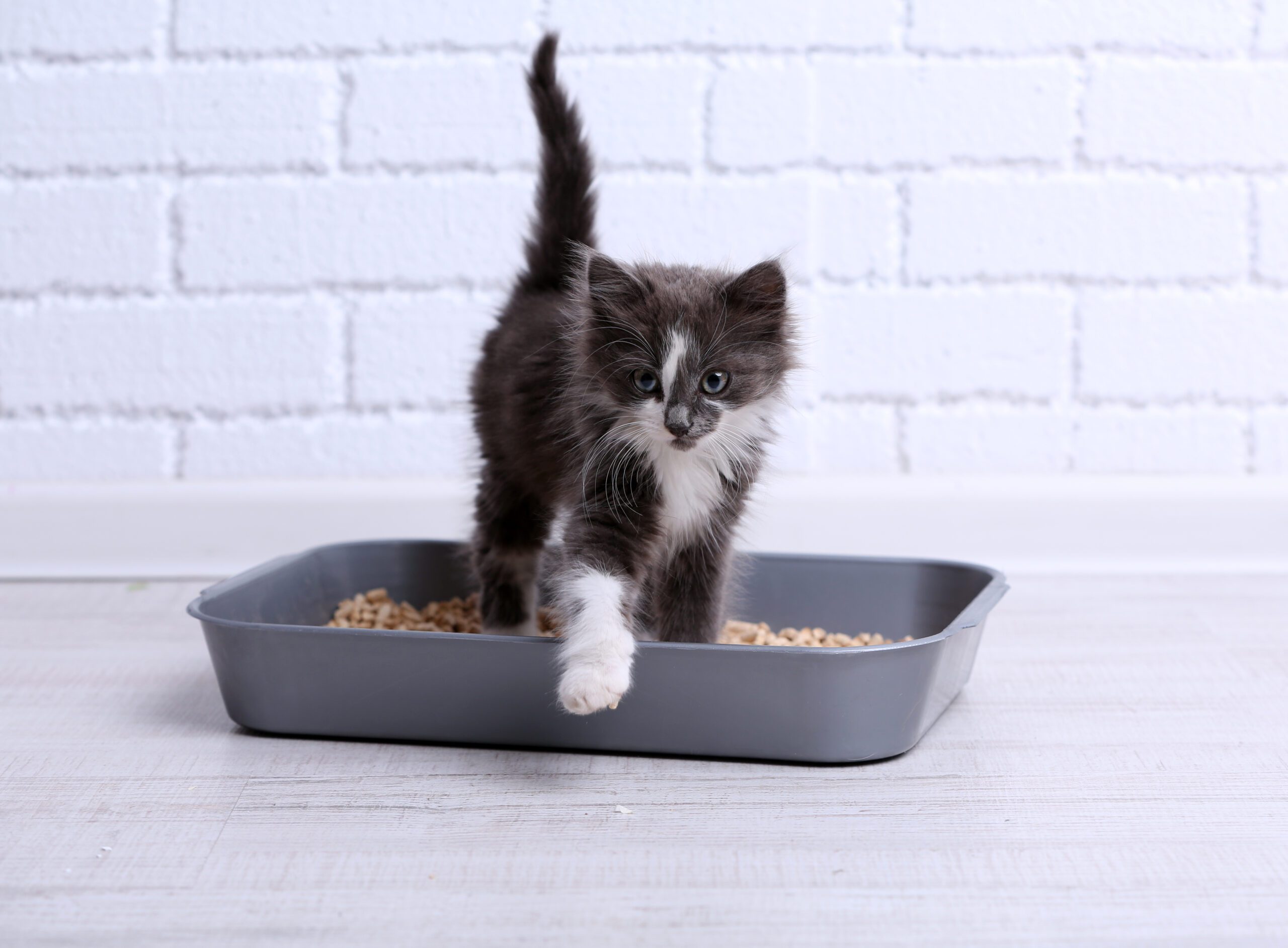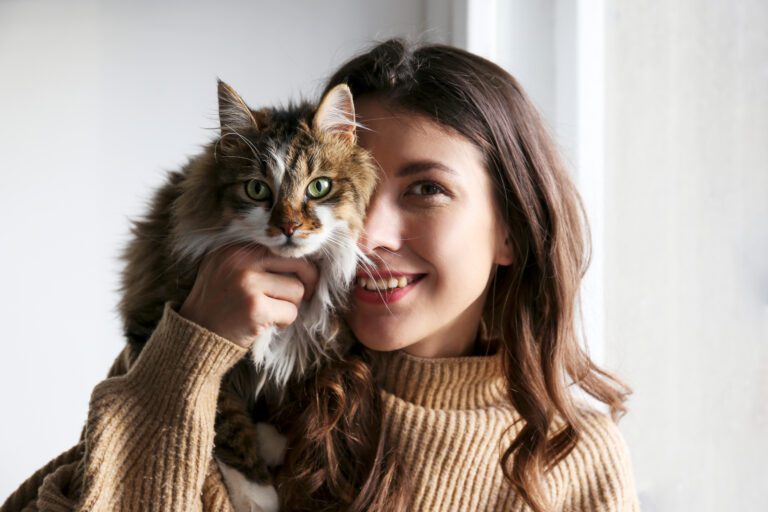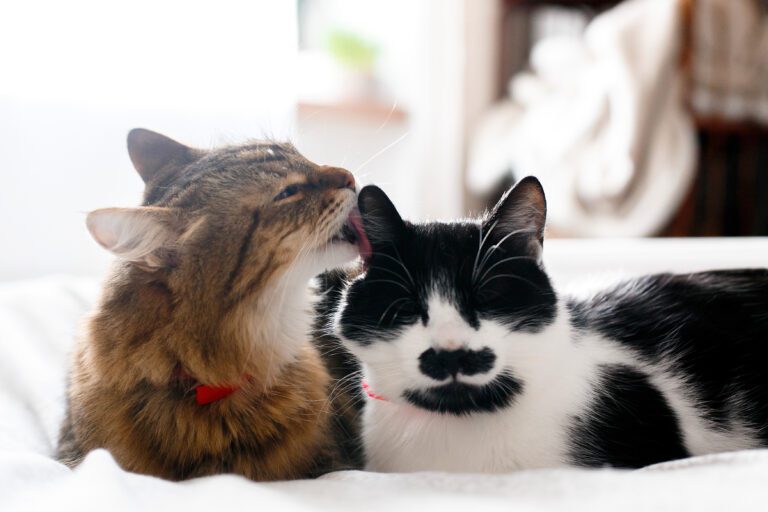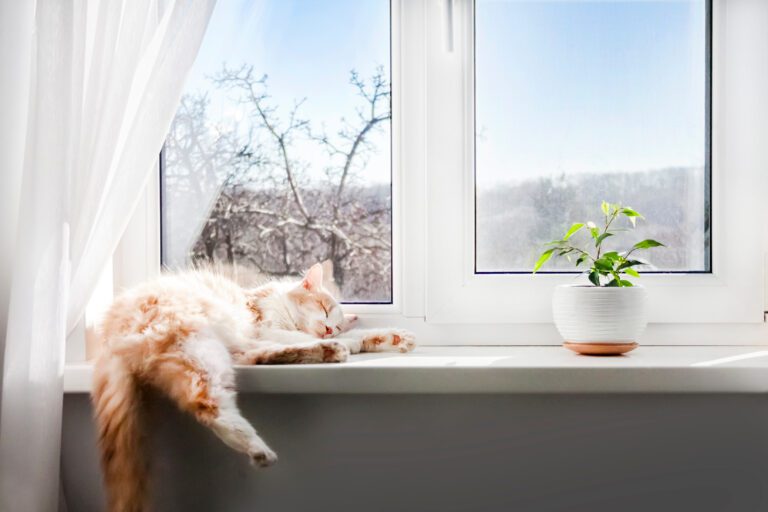Bringing a new kitten into your home is an exciting and joyful experience. As a responsible pet owner, you want to ensure that your furry friend feels comfortable and cared for right from the start. One of the essential factors in providing a healthy and happy environment for your kitten is selecting the right litter. With a multitude of options available, finding the best litter can be overwhelming. But fret not! This blog will guide you through the process of choosing litter that’s perfect for your new bundle of fur.
Find the right litter for your furry friend!
Consider Your Kittens Needs
Before diving into the world of litter options, it’s important to consider your kitten’s specific needs. Factors such as age, health, and personal preferences can play a role in determining the ideal litter for your feline companion.
- Age and Size: If you have a very young kitten, you may want to choose a litter that is soft and gentle on their delicate paws. Look for litters specifically labeled as “kitten-friendly” or “low-tracking” to ensure comfort and safety. Additionally, kittens may be more likely to ingest litter accidentally, so opting for a non-clumping litter during their early stages is advisable.
- Health Considerations: If your kitten has allergies or sensitivities, it’s important to select a litter that is hypoallergenic and free from any potential irritants. Some litters are specifically designed to address odor control, which can be beneficial if you have a sensitive-nosed kitty.
- Environmental Impact: If you’re conscious of your ecological footprint, consider eco-friendly litter options made from sustainable materials such as recycled paper, pine, or corn. These litters are biodegradable and can be an excellent choice for both your kitten and the planet.
Choosing Litter Types and Features
Now that you’ve taken your kitten’s needs into account, let’s explore the different types of litter available:
- Clay Litter: Clay litter is a popular choice due to its affordability and availability. It comes in both clumping and non-clumping varieties. Clumping clay litter forms solid clumps when wet, making it easy to clean and maintain cleanliness. However, keep in mind that clumping clay litter can be harmful if ingested, so it may not be suitable for very young kittens.
- Silica Gel Crystals: Silica gel crystal litter offers excellent moisture absorption and odor control. It’s lightweight, long-lasting, and easy to maintain. The crystals gradually change color as they absorb moisture, indicating when it’s time to replace the litter. Silica gel litter is typically safe for kittens, but it’s advisable to monitor their interaction with it.
- Natural and Biodegradable Litters: These litters, made from materials like recycled paper, pine, wheat, or corn, are environmentally friendly options. They are usually low in dust, which can benefit kittens with respiratory sensitivities.
- Scented or Unscented: Kittens have sensitive noses, so it’s generally recommended to opt for unscented litters. Scented litters may deter your kitten from using the litter box or cause respiratory discomfort.
Shop Now at Chewy.com!
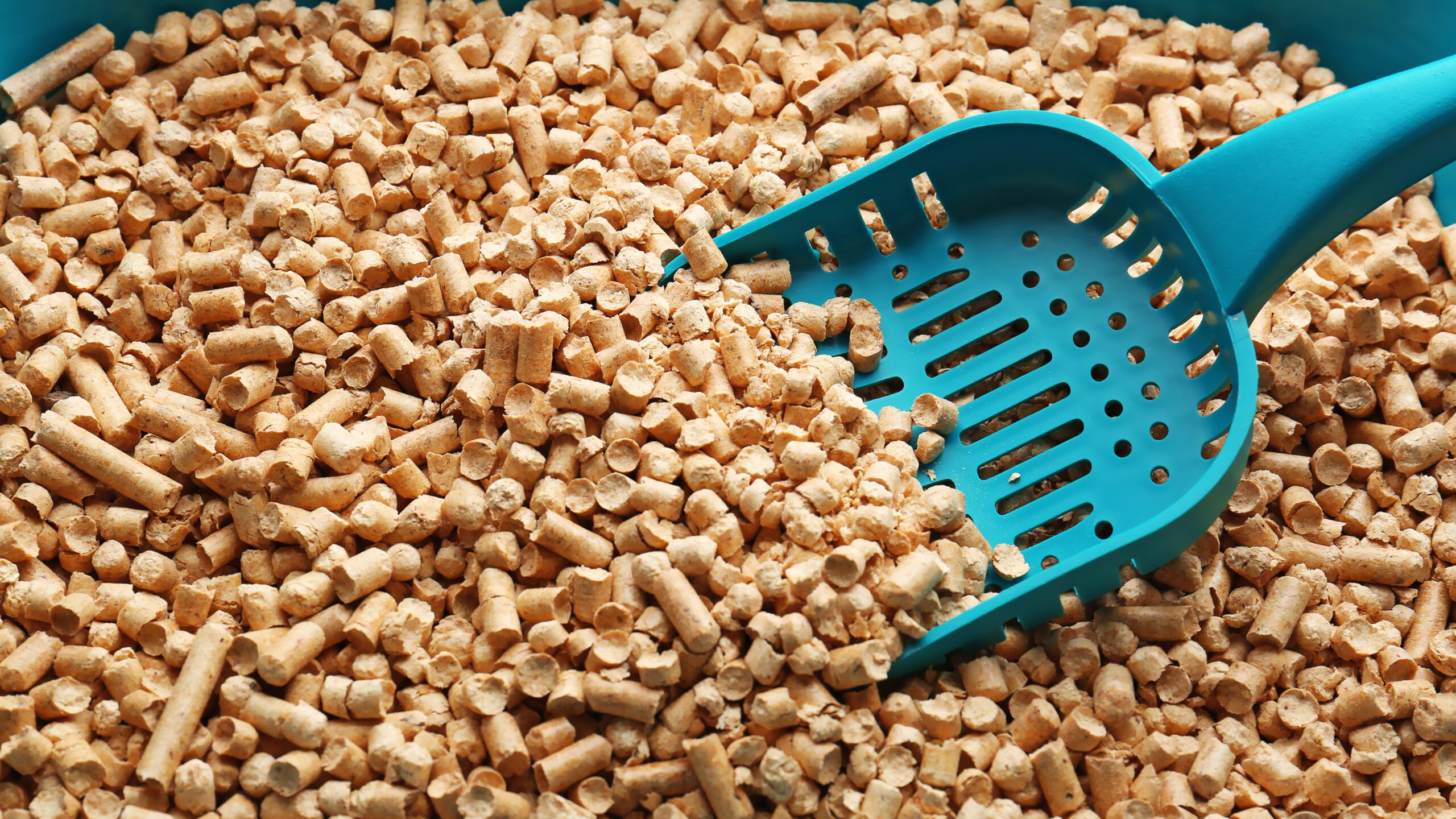
Trial & Error
Choosing litter for your kitten may require some trial and error. Kittens, like humans, have individual preferences, and what works for one may not work for another. It’s a good idea to start with small amounts of different litter options to observe your kitten’s reaction and gauge their preference.
Litter Box Maintenance
Regardless of the litter type you choose, proper maintenance is essential for your kitten’s health and hygiene:
- Scoop the litter box daily to remove waste and clumps, ensuring a clean and odor-free environment.
- Completely change the litter on a regular basis, following the recommendations on the packaging or based on your kitten’s usage. Check out our blog to learn more about litter replacement.
- Provide multiple litter boxes, especially if you have a multi-story home, to ensure easy access for your kitten.
Selecting the best litter for your new kitten is a crucial step in providing them with a comfortable and stress-free environment. By considering your kitten’s needs, exploring different litter types, and monitoring their preferences, you’ll be able to make an informed decision. Remember, a little patience and flexibility may be needed as you find the perfect litter that suits your kitten’s unique requirements. With the right litter, your kitten will be well on their way to becoming a happy and litter-trained feline friend!


